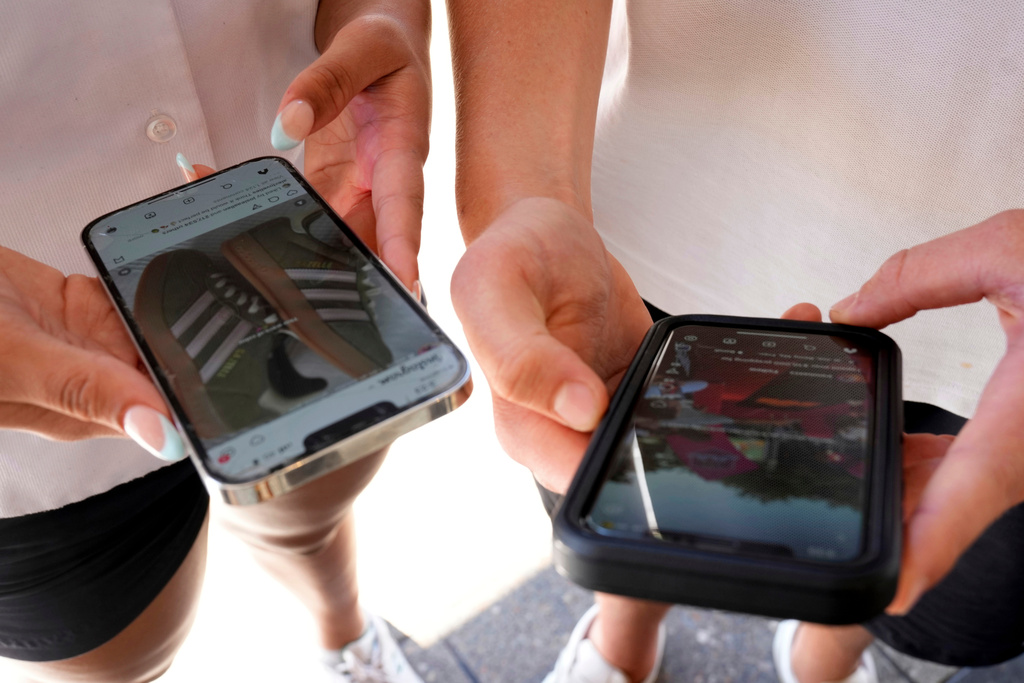Cleaning up plastic waste can often feel like an uphill battle, and it's one Don Thomson is all too familiar with.
"You clean up the beach, and you feel like you're cleaning up the same bottle the next week if it got back into the waste stream," Thomson said. "So it just, we just felt like we needed to figure out a way to do something with it."
Thomson, a developer and environmentalist, has been living in Costa Rica since the 90s and has spent the better part of the last few decades trying to address the plastic plague that gripped his community.
"We didn't really know what to do with the plastic and beach plastic, and especially river plastic can be pretty disgusting," Thomson said.
Using his background in development and product design, his company Center for Regenerative Design & Collaboration, or CRDC, has partnered with the construction material company Pedregal to quite literally build a solution to this plastic problem.
"A big part of my career was dedicated to bringing high-quality building products to poorer people because we felt and we learned that the very best way to get people out of poverty was to build them an appreciating asset," Thomson said.
That appreciating asset is what Thomson and his team call RESIN8. To put it simply, it's a building material made up of shredded plastic waste that can be used in concrete.
"We couldn't just kind of try to hide trash in products," Thomson said. "We had to make it turn into something that brought value. It brought certain qualities that we as contractors would look for that made our products lighter in weight, made them better insulated, huge benefits, better acoustic values and, in some cases, used properly it actually lowered or increased the compression values of our products."

U.S. rate of recycling decreases
We create 400 million tons of plastic waste a year in the U.S., but only two million tons of that gets recycled. Newsy's Scott Withers reports why.
Here's how it works: Mixed and dirty plastic waste are shredded up, treated with a mix of mineral additives, heated and shaped by a process called extrusion. The resulting material, RESIN8, is then granulated and incorporated into concrete mixes. This is then used for building structures like homes, schools and offices.
"We had to make it environmentally benign," Thomson said. "It had to be benign in nature, it couldn't off gas. It couldn't do all of these things that could be noxious to the people or to the environment, so we spent a lot of time figuring that out. In each one of those blocks, it's the equivalent of about 20 pop bottles or soda bottles, so it's significant. In a house, it's probably, like, around 400,000, so it's a big deal."
And the plastic isn't hard to find.
"The inflow of plastic comes from everywhere, from municipalities, post-industrial sources, the medical industry, the agricultural industry. We get plastic from those sources," Thomson said.
Having earned acceptance from the construction industry, CRDC and RESIN8 has been taking off. Facilities have opened outside of Costa Rica in places like Pennsylvania, New Jersey and South Africa, and more are in the works. Meanwhile, partnerships with Habitat for Humanity and the United Nations have been forming.
"One of our plants is capable of doing about four-and-a-half tons of plastic an hour," Thomson said.
As for the future of plastic waste, Thomson — and the public, he thinks — remain optimistic.
"There is this giant thirst within consumers," Thomson said. "They want to believe again that there's a solution. Most consumers have kind of lost faith a little bit in plastic recycling, so we wanted to bring a solution to the market that they believe in."

What can we do to avoid plastic?
Plastic bags can take up to 20 years to decompose. So we asked the experts: What can we do to avoid plastic?











